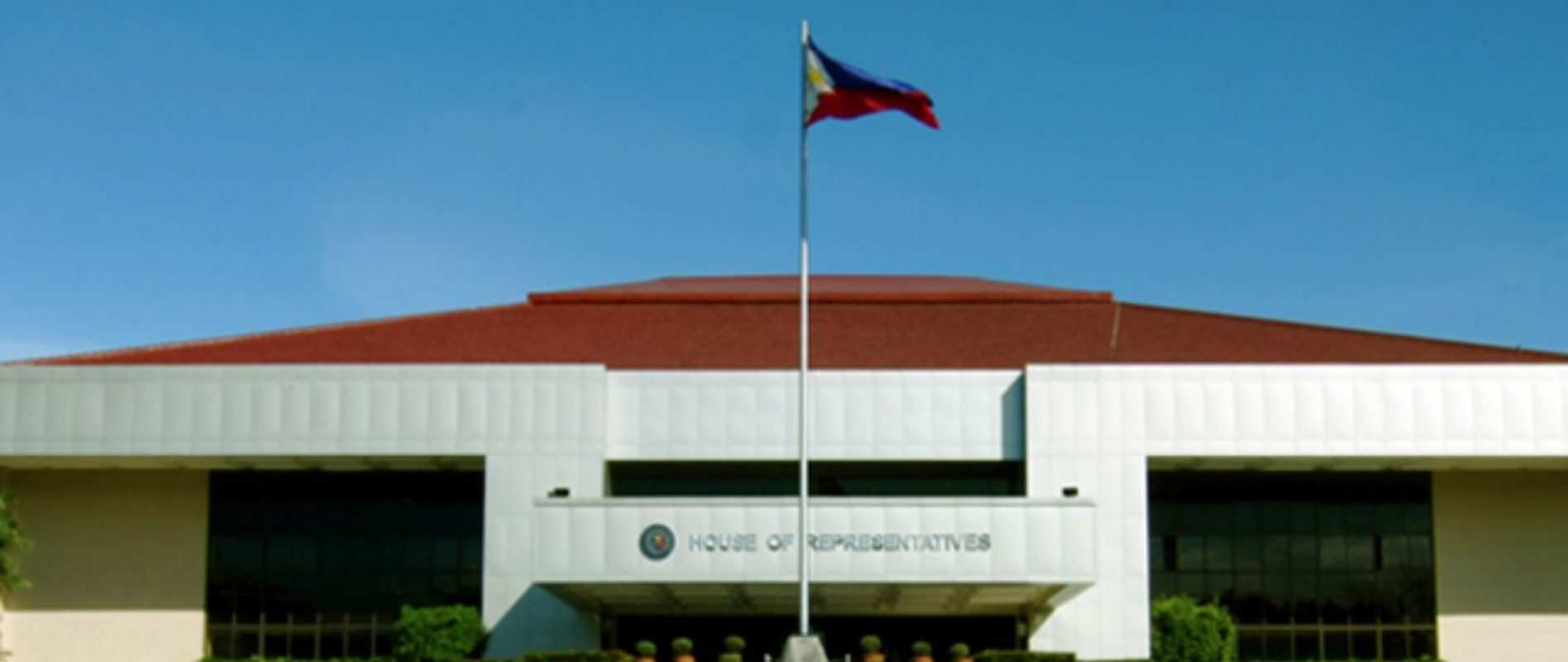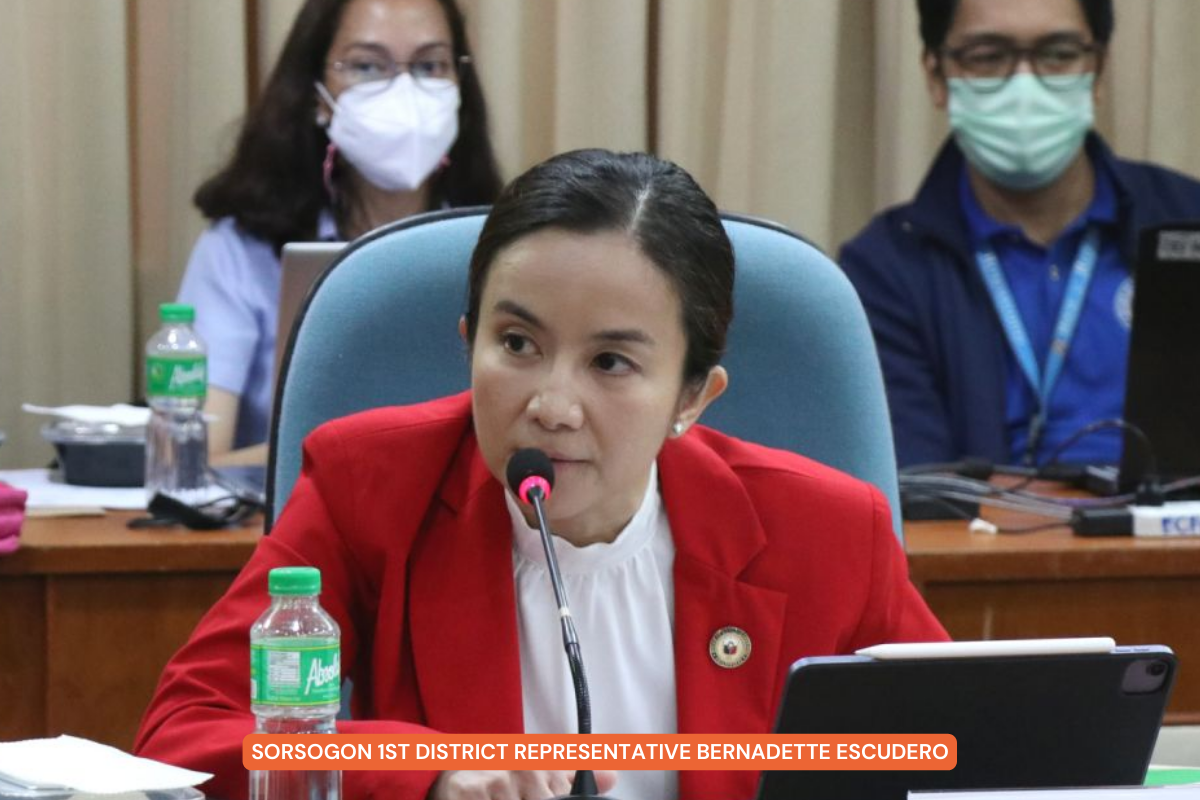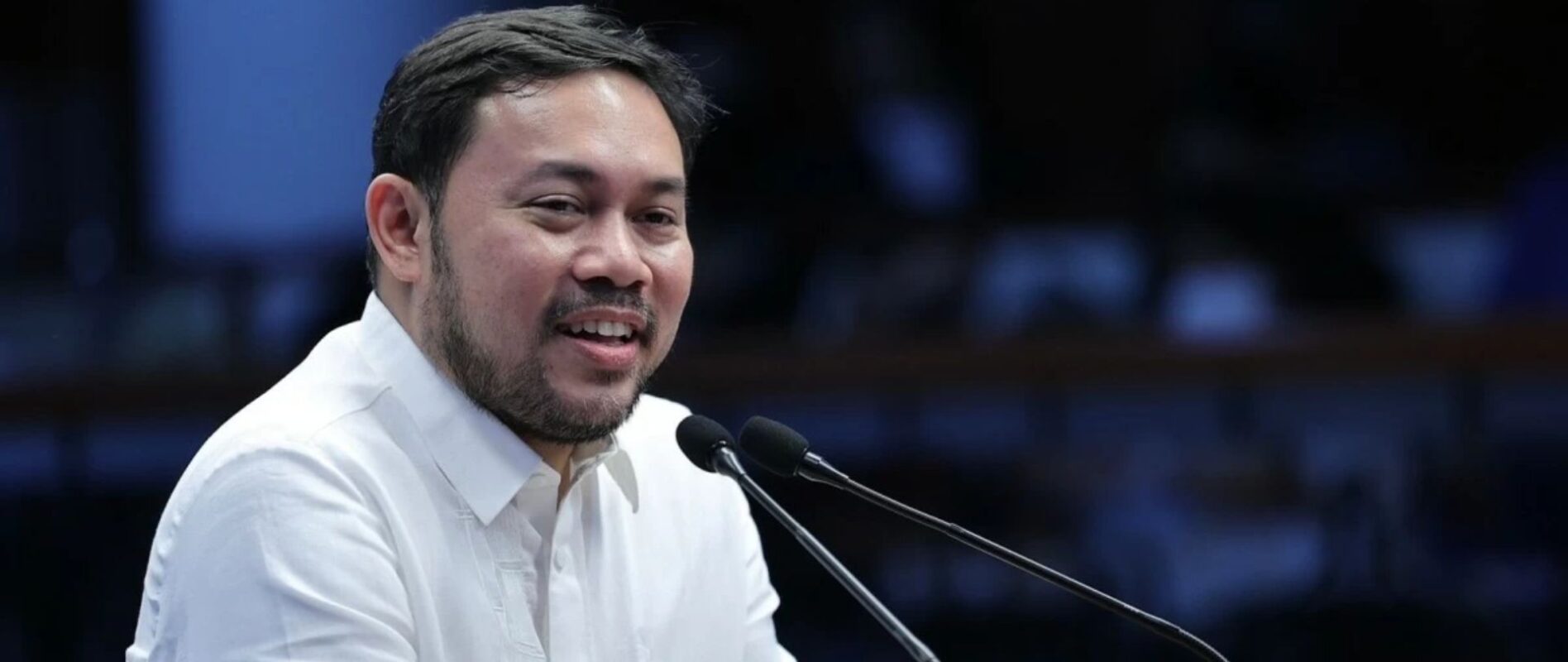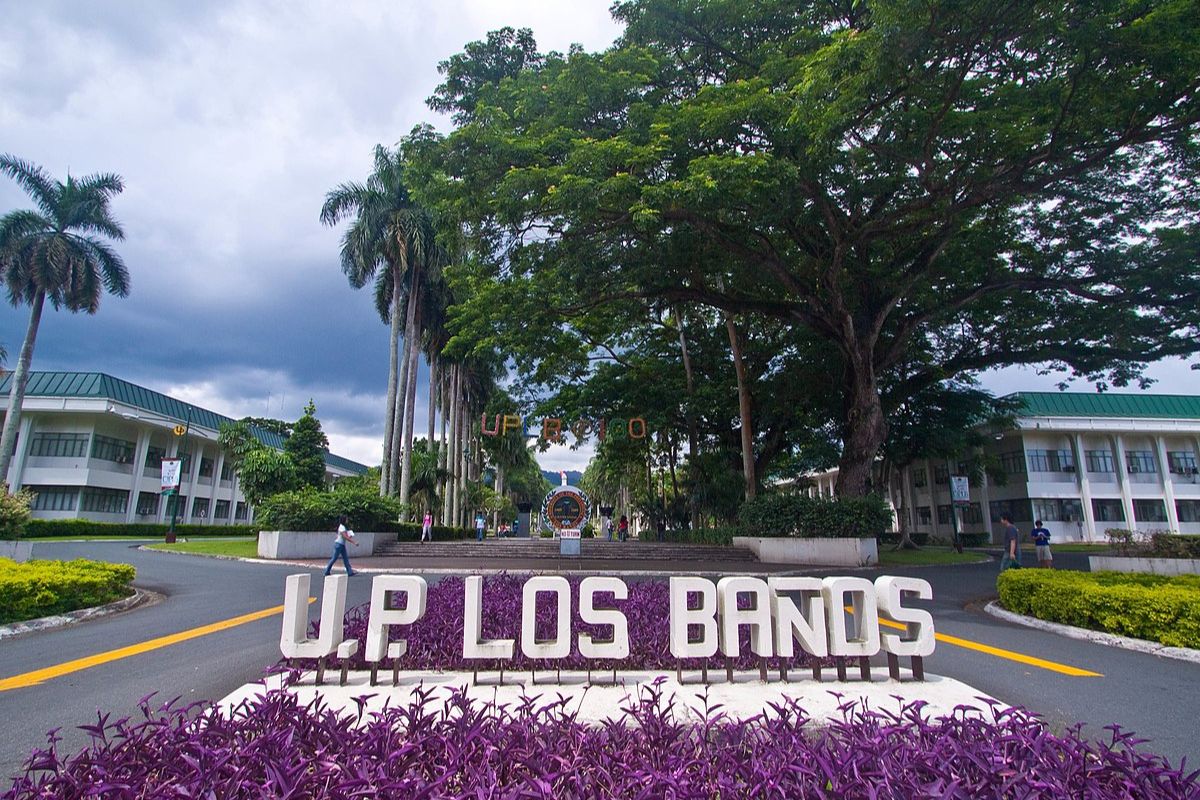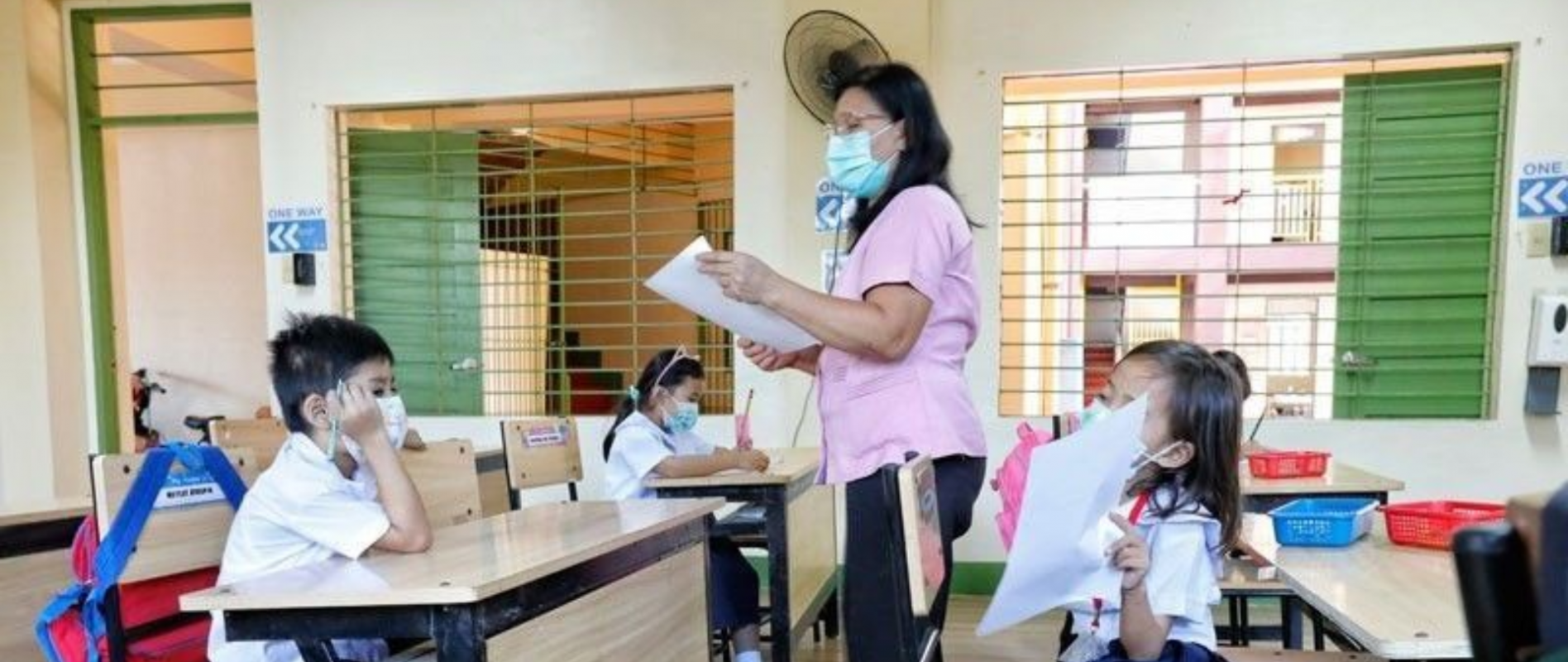SOLON URGES TESDA TO BACK AI READINESS INSTITUTE IN POLANGUI, ALBAY
A NEW measure filed in the House of Representatives seeks to position Albay as a regional hub for artificial intelligence or AI education and workforce development.
House Resolution No. 170, introduced by Representative Raymond Adrian Salceda, urges the Technical Education and Skills Development Authority to extend full support for the establishment of an Artificial Intelligence Readiness Institute in Polangui, Albay.
Salceda said the proposal aligns with the Philippines’ urgent need to prepare its workforce for the Fourth Industrial Revolution, a period marked by rapid innovations in automation, digitalization, and artificial intelligence.
According to the resolution, AI now plays a critical role in sectors such as business process outsourcing, manufacturing, agriculture, logistics, healthcare, education, and public service delivery.
“The global shift toward AI-driven economies requires proactive preparation,” the resolution states, emphasizing the country’s need to build strong human capital capable of adapting to new technologies.
TESDA, under the TESDA Act of 1994, is mandated to strengthen technical education and skills development. The resolution notes that the agency is well-positioned to formulate AI-related training regulations, certify competencies, and provide technological support for local skills development.
The Local Government Unit of Polangui has expressed readiness to host the proposed institute, offering local facilities and committing to partner with national agencies.
Albay’s growing network of academic institutions and its emerging innovation ecosystem make it an ideal pilot site for AI preparedness initiatives, the measure adds.
If established, the AI Readiness Institute is expected to provide early and accessible training to students, teachers, workers, and micro, small, and medium enterprises.
Advocates say it will strengthen digital literacy outside major urban centers and promote inclusive growth by decentralizing access to high-technology education.
Under the resolution, lawmakers urge TESDA to assist in the development of AI-related curricula and competency standards; accredit training programs aligned with international benchmarks; deploy modern technology and equipment for AI learning labs; certify trainers and assessors for high-quality program delivery; and forge partnerships with universities, industry leaders, and international institutions for research and workforce upskilling.
Copies of the resolution will also be furnished to the Department of Trade and Industry, the Department of Information and Communications Technology, and the LGU of Polangui for appropriate action.
The resolution concludes by positioning the initiative as a key step in preparing Filipinos for the future of work and elevating Bicol as a center for AI-driven innovation.

